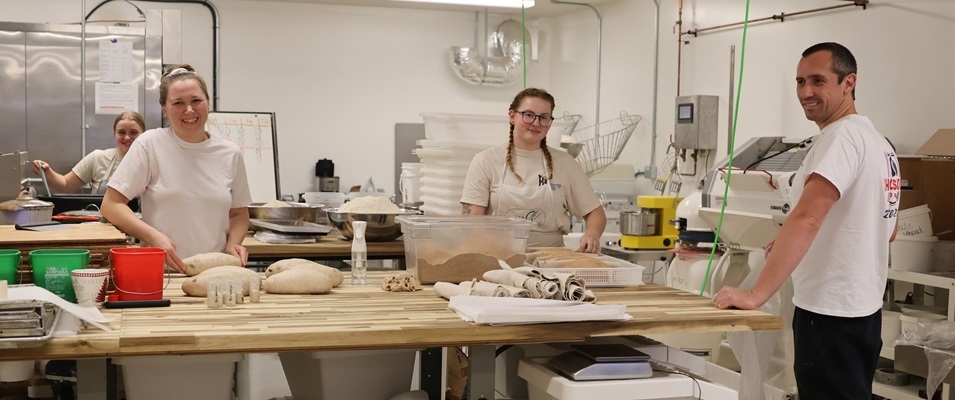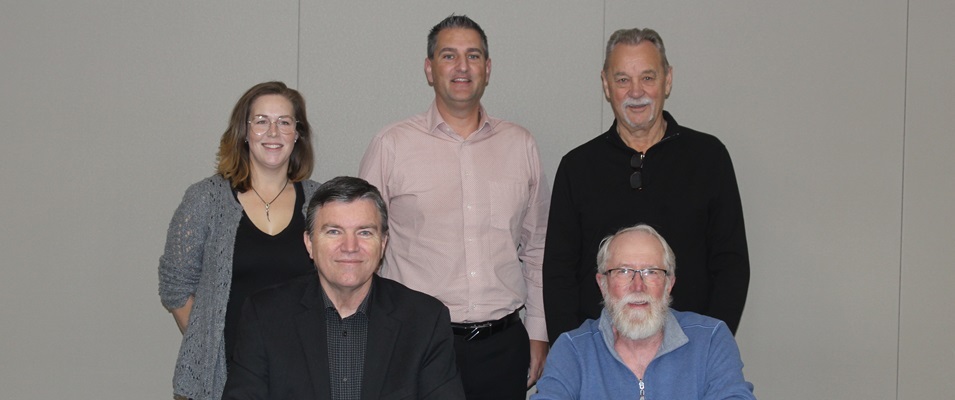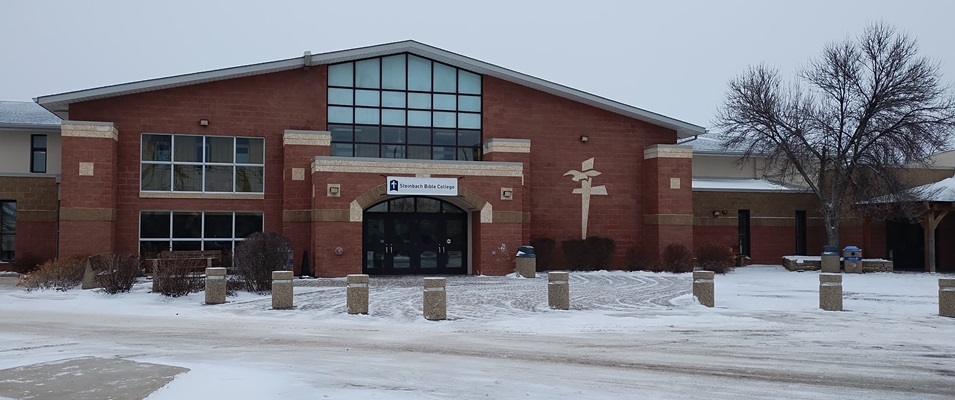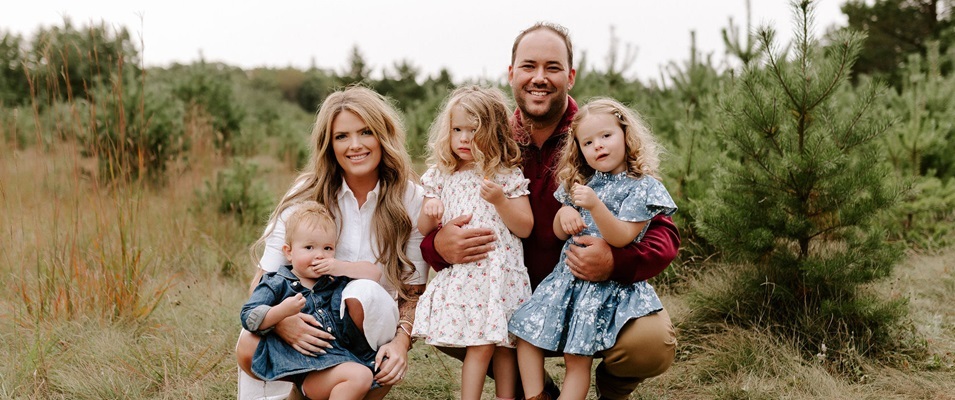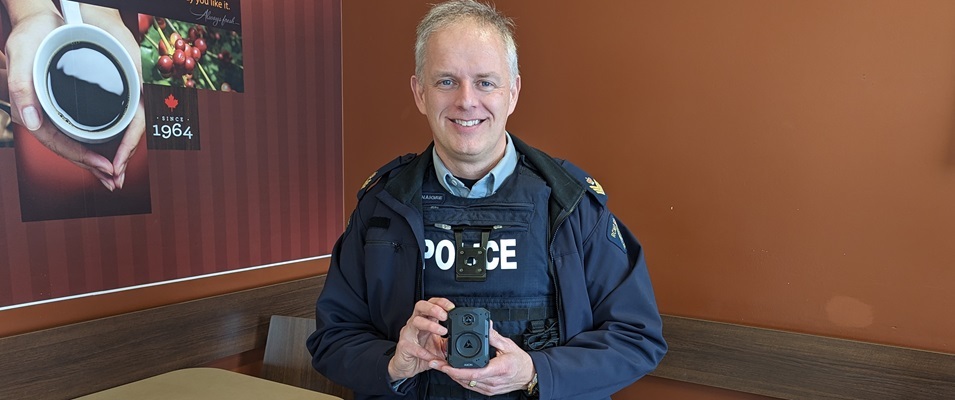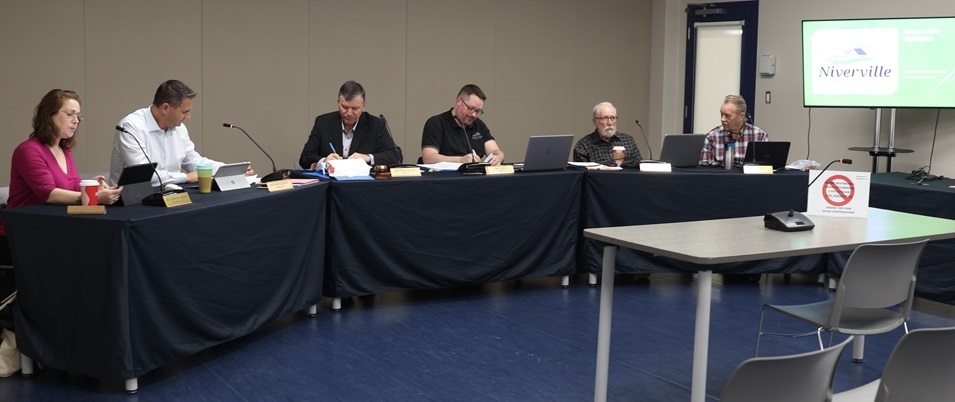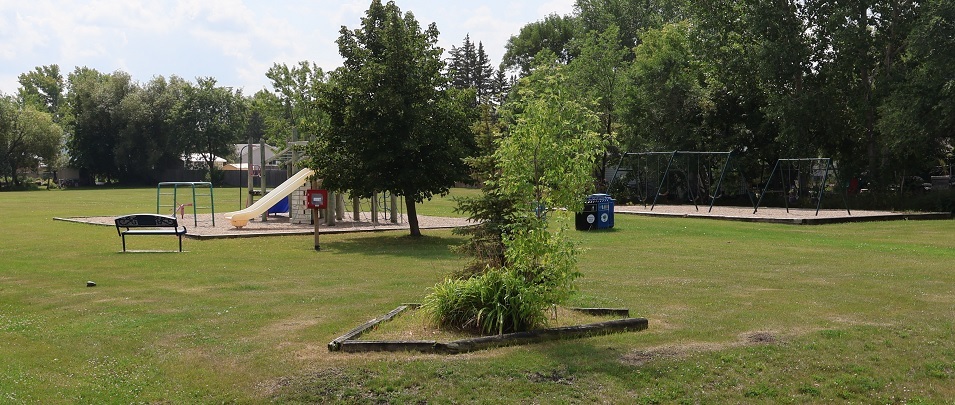
A restoration of native grasslands is just one of the many earth-friendly sights residents of Ritchot may notice in the coming years thanks to a municipal undertaking called the Seeds of Sustainability project.
In recent weeks, the promise of an $8,000 grant from the province’s Conservation and Climate Fund will help kickstart the project, allowing for the first stages of native flora to be planted in the RM’s parks, along trails, and around retention ponds.
In time, even community flowerbeds will project a new focus on sustainability.
“The RM deems this an important project because of the negative impacts of climate change,” says Danielle Peters, the municipality’s coordinator of community engagement and activation. “And native landscapes can have a major positive ecological impact on our communities.”
Throughout this project, the RM’s goals are to strengthen the region’s biodiversity, improve ecosystem resilience, support healthy wildlife habitats, and encourage an increase in pollinator populations.
But this is a massive undertaking that will require education and resident buy-in.
“The Seeds of Sustainability project aims to empower our communities to embrace beauty-promoting sustainable urban landscapes,” says Peters. “Through education, seed distribution, and community engagement, we envision a municipality where every yard becomes a haven for pollinators, a refuge for wildlife, and a testament to our shared commitment to environmental stewardship.”
To get the momentum started, the RM plans to make educational resources available to RM staff and all residents, helping to increase awareness on the benefits and necessity of sustainable landscaping.
Professionals in the field will be brought in for educational workshops, instructing on the types of native plants that will thrive in different locations and how to plant and maintain them.
“We want to empower residents with the knowledge and skills to implement sustainable landscaping practices, such as water conservation and natural pest control, alongside native plant cultivation,” Peters adds.
When all is said and done, they hope for the project to be driven by the community rather than simply mandated by council.
“This project will bring together professionals, residents, and local organizations to educate, inspire, and provide resources for individuals to actively contribute to the conservation of our local environment.”
Perron Park and Bartman Park, both in St. Adolphe, will be among the first public landscapes to be enhanced by native plant installations.
Peters anticipates applying for further grant funding down the road as the RM implements the initiative on a broader scale across the region.
Thanks to the Conservation and Climate Fund, $1.5 million was awarded to a variety of projects around the province to help protect the environment and bolster a green economy.
First launched in 2020, the fund is available to non-profit organizations, educational institutions, municipalities, and northern communities in Manitoba.





